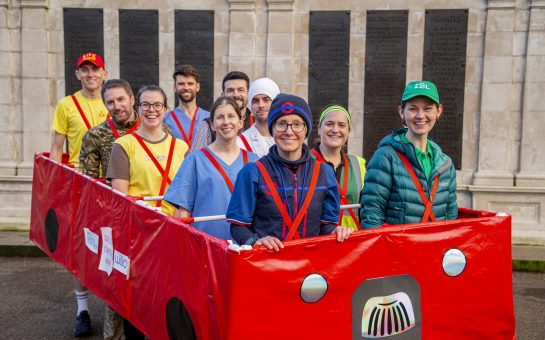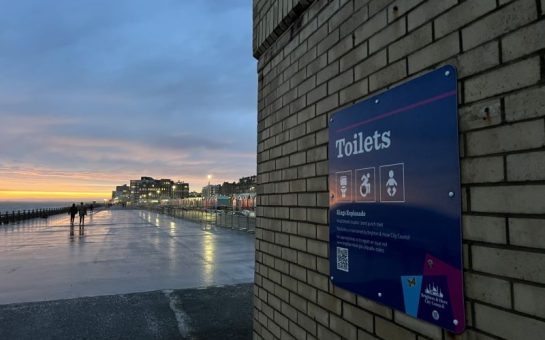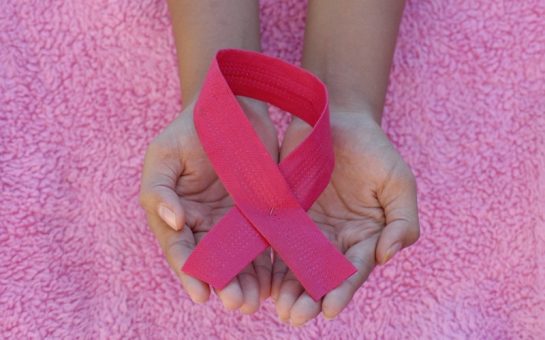Children with tumours will be offered genetic tests to create personalised treatment programmes in a new initiative being pioneered in Sutton.
The new pilot study will allow children with cancer to be given testing for genetic mutations in their tumours, which will enable personalised treatment to reduce side-effects and improve survival rates.
The initiative has been made possible by funding from Surrey charity Christopher’s Smile, which was founded by Karen and Kevin Capel in 2008 in memory of their son, Christopher, who died of brain tumour just before his sixth birthday.
Karen Capel, said: “This test is a first for children.
“When our son died in 2008 there was no biological information available to clinicians about individual children’s tumours.
She advocates for children to be able to access the same tests and treatments currently available to adults
“We believe this gene sequencing test is the key ‘foundation stone’ in enabling personalised medicine for children,” she said.
“Our aim is that it will change the landscape for children and open doors to potential new trials with new treatments, benefiting those children who receive the worst prognosis.”
Christopher’s Smile provided more than £300,000 to develop the test.
If successful about 400 children with solid tumours at 21 hospitals across the UK will be given the new genetic test.
This has instigated a two-year testing programme, which starts this year, with initial funding from the Institute of Cancer Research and The Royal Marsden.
Study leader Professor Louis Chesler said: “Children deserve the very best, modern treatments for cancer, but for too long there have been delays in applying the latest molecular techniques to personalise their treatment.”
The tests will first be given to children at The Royal Marsden before expanding to the 20 UK hospitals which form part of the Children’s Cancer and Leukaemia Group.
It is open to children under 14 with solid tumours, rather than blood cancers such as leukaemia (unless they suffer a relapse), because blood cancers respond well to current treatments.
The test works by sequencing [mapping] 81 cancer genes in the children’s tumours, and is designed to show the key mutations in the tumours that advance the cancer’s spread and growth.
The test intends to provide detailed genetic information about the individual child’s tumour only three weeks from diagnosis – enabling targeted, personalised treatment to best suit the needs of each child.
It will give doctors the evidence they need to be able to make the case to give the children targeted drugs, which will help avoid them suffering the side-effects which often result from standard chemotherapy and radiotherapy.
Children experience a different spectrum of tumours to older children and young adults and cancer tumours in children are rare, so pharmaceutical companies have less incentive to invest in clinical trials.
However, genetically children’s cancers are simpler than adult ones, meaning drugs produced can be more effective, and so smaller funding can make a big difference.
Christopher’s Smile says that the ten most common drugs used to treat cancer in children are on average almost 50 years old.
These new tests aim to bring the personalised cancer treatments increasingly available to adults to children too.
Christopher’s Smile has awarded six project grants and raised over £1 million so far, this new test was the result of the fourth and fifth of those grants.
The charity is based in Lightwater in Surrey, with most of the funding raised from Surrey residents.
The Institute of Cancer Research is based in sites in Chelsea and Sutton. The Sutton site includes many purpose-built laboratories, including for cancer therapeutics, genetics and molecular pathology.




